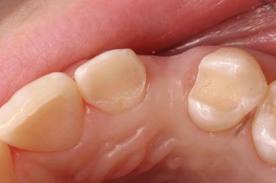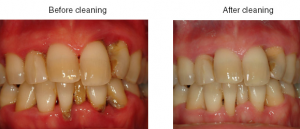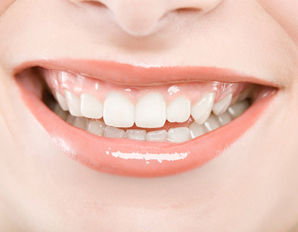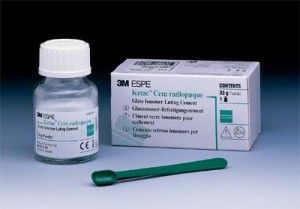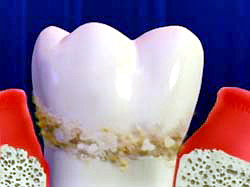A typical human being has 20 deciduous (or milk, primary) teeth, consisting of 4 incisors, 2 canines, and 2 molars in each jaw (upper and lower). This is followed by the permanent dentition (or secondary dentition), which consists of 4 incisors, 2 canines, 4 premolars, and 6 molars in each jaw, making up a total of 32teeth in a typical adult.
Hypodontia
If a person has less than 20 deciduous teeth or 32 permanent teeth (not including those that has been extracted or those that are impacted), the condition is termed “hypodontiaâ€, or “oligodontiaâ€. If there is complete absence of teeth in one or both dentitions, it is called “anodontiaâ€. Hypodontia is: Continue reading
